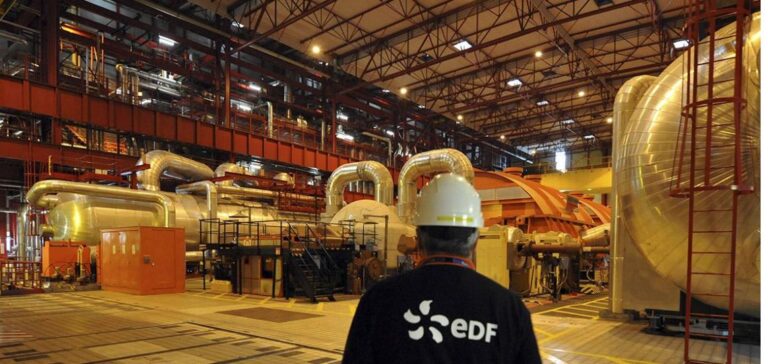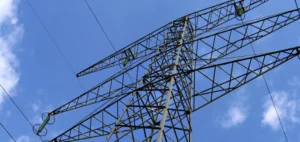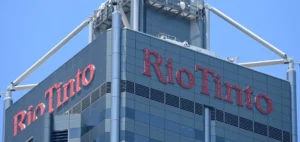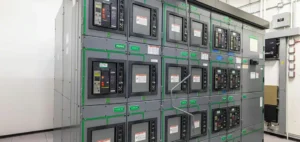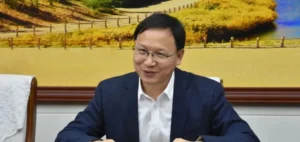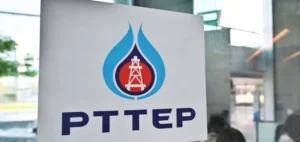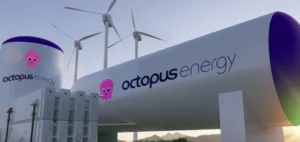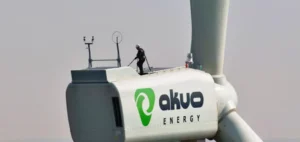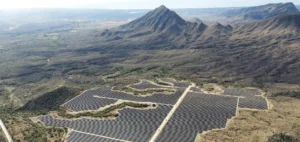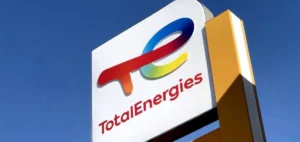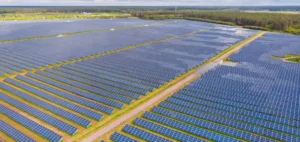From September 18, EDF will be experimenting with the auctioning on the market of electricity volumes to be delivered in 2027 and 2028, illustrating the Group’s determination to supply competitive energy and ensure greater visibility of its revenues.
EDF Launches 2027-2028 Electricity Auctions: Towards Stable Prices and Better Visibility
For this experiment, it will offer a volume of 100 megawatts (MW) of electricity, which can be sold by auction at a rate of 1 to 5 MW per day, until it runs out. The offer targets alternative suppliers and traders on the wholesale electricity market.
Through this system, the 100% state-owned group aims to offer “longer maturities”, which would be synonymous with “more stable prices”, summarized Karine Revcolevschi, Director of Upstream-Downstream Trading Optimization, during a presentation to the press.
Today, players and suppliers can buy electricity on the markets to cover their customers’ needs over three years – i.e. until 2026 – but not beyond, argues EDF.
These offers will give market players “access to medium-term products that are not widely available today”, at a fixed price, said Marc Benayoun, Executive Vice President in charge of the Customers, Services and Territories division. “Opening prices to the 2027 and 2028 periods is in the interest of customers”, as they are currently quoted at a lower price than for the years 2025 and 2026, he said.
The year 2022, marked by an unprecedented escalation in energy prices, “revealed that today our customers have high expectations of price visibility and stability”.
These solutions also offer “a financially sustainable model for the EDF Group”, added Mr. Benayoun.
EDF Prepares for the End of Arenh and Advocates Long-Term Electricity Contracts
With this experiment, EDF is preparing for the end of Arenh, the regulated mechanism that requires it to sell part of its electricity to alternative suppliers until January 1, 2025. In the words of CEO Luc Rémont, this system is accused of “underpaying” the company.
But EDF is up against an investment wall: it will have to find 25 billion euros a year to finance old and new nuclear and renewable infrastructures.
For several months now, EDF has been arguing in favor of long-term electricity sales contracts, a framework that would enable it to set prices for its nuclear generation more freely, while limiting end-customer exposure to volatility, according to the group.
“It’s a way for consumers – all consumers, large and small – to see their prices land and no longer fall victim to volatility dictated by exogenous phenomena. For producers, it’s obviously a way of having a form of visibility on their revenues, which triggers investment”, pleaded Luc Rémont in June at the congress of the Union française de l’électricité (UFE).
Why does it matter?
EDF, the French energy giant, is to experiment with electricity auctions for the years 2027 and 2028, responding to the growing demand for long-term electricity contracts. The aim of this initiative is to offer more stable prices and better manage nuclear production while financing investments.
It would also help to halve price volatility on energy markets.

